This post anout the Model 52 is made possible by JTF Awesome Team Member Raven Concealment
Weapon Trivia Wednesday: Smith & Wesson Model 52
Mike The Mook
This week we take a look at a weapon that’s not a weapon in the strictest sense of the word: The Smith & Wesson Model 52. This is a single-action semiautomatic handgun chambered in .38 Special (Midrange Wadcutter). These are low pressure, low velocity loads made with four grains of Bullseye powder plus a 148 grain hollow based wadcutter that leaves the muzzle around 810 feet per second. And the magazine only held five of them!
That’s slightly wimpier than a .38 S&W blackpowder load. True, it’s a semiautomatic handgun based on Smith & Wesson’s older Model 39 and I wouldn’t want to be shot with one, but still, this was a handgun designed for precision handgun shooting and Bullseye competition.
So why are we talking about it here?
We’ve found it to be one of the best pistols to introduce new shooters to handgun shooting. The pistol is so inherently accurate that brand new shooters are guaranteed to hit the 9 and 10 ring at 50 feet with little to no prior training. We found this to be a great confidence booster for new people coupled with the low recoil, extremely visible sights and one of the best factory triggers on a production handgun.
The Model 52 was introduced in 1961 and was known simply as the Model 52. It retained the basic trigger mechanism of the Model 39, with the double-action function selectable via a simple frame-mounted setscrew, allowing the pistol to be fired in either single-action or double-action mode depending on the setscrew’s adjustment.
When we first acquired a 52 back in the day, it was this version and it was specifically because of this feature so we could properly teach new shooters how to shoot a DA pistol. Of course the two later versions were more popular with sportsmen than this one.
By 1963, all Bullseye shooters were clamoring for an SAO gun so Smith & Wesson answered with the Model 52-1 with a separately developed single-action trigger system and they made this variant for about seven or eight years until it was eclipsed by the Model 52-2, which had an improved extractor. By 1992, the thirty-year-old machinery used to make the Model 52 was showing signs of age and was starting to fail.
Ironically it was around this time we picked up our first Model 52. The previous owner was looking to trade up to a Model 52-2 so we got it at a good price, and it was a hell of a shooter for being thirty years old.
Smith & Wesson decided against replacing their machinery, and with the decline in Bullseye shooting, they dropped the model from the lineup. The last model 52-2 was completed on July 23, 1993. The pistol’s serial number was “TZW9149” and it was delivered to the company’s private gun vault as an archive piece.
Foolishly we sold off the pistol for a bit more than we paid for it when we fell on hard times in the late 1990s. We vowed we would pick up another someday. Of course by the time we did, they were a decade out of production. We ended up driving 1000 miles to pick up a replacement in the form of a Model 52-2.
To own one of these today is a labor of love. You have to make your own ammunition as mid-range wadcutters are rarely offered at the retail level, and when they are, their performance is typically sub-par.
Our load used to yield us close to 2000 rounds from a single pound of powder. When we used to get 1000 HBWC from bullet swagers, we were into that many rounds for about $90 when assembled. It’s a little pricier today, but still one of the cheapest and most accurate rounds you can make at home. If you know how to load and what your handgun likes, you can achieve the right crimp, load and primer combination to stun the world with your abilities at the range. Keep at it, you’ll get rich, get chicks and do shaving ads!
These pistols command well over $1000 today and are hoarded by collectors, but if you find one, spend the coin. It’s completely worth it.
Smith & Wesson tried to resurrect the model with the Performance center Model 952, chambered in 9mm. But despite their intent and appeal to shooters who do not want to reload, it could never have been the same handgun.
It may not be the piece I would take to a gunfight or one I want in the grave to follow me to the afterlife, but it’ll definitely be the last one I sell.
I made that mistake once already.
-Mike
Mad Duo, Breach-Bang& CLEAR!
Comms Plan
Primary: Subscribe to our newsletter here, get the RSS feed and support us on Patreon right here.
Alternate: Join us on Facebook here or check us out on Instagram here.
Contingency: Exercise your inner perv with us on Tumblr here, follow us on Twitter here or connect on Google + here.
Emergency: Activate firefly, deploy green (or brown) star cluster, get your wank sock out of your ruck and stand by ’til we come get you.
More About Raven Concealment
Many of you are familiar with RCS and their outstanding quality and craftsmanship; for those of you late to the game, we’ll break it down Barney style so you can get up to speed: Out of the nearly 20 wretched, execrable minions we have slaving ceaseslessly writing for us, over 2/3 of them utilize RCS gear every day. Frequently duplicated, often imitated, their modular holsters allow a whole series of different modes of carry. With practical inventions like the Vanguard, they even have helped popularize efficient means of appendix carry. For those that attend professional firearms training, its more common than not to see many of the best instructors running RCS rigs. In fact, many of their products are used throughout America’s elite SOF community, federal, state and small town law enforcement, competition shooters and plenty of regular Joe Sixpacks.
Be sure to check them out online at RCSgear.com

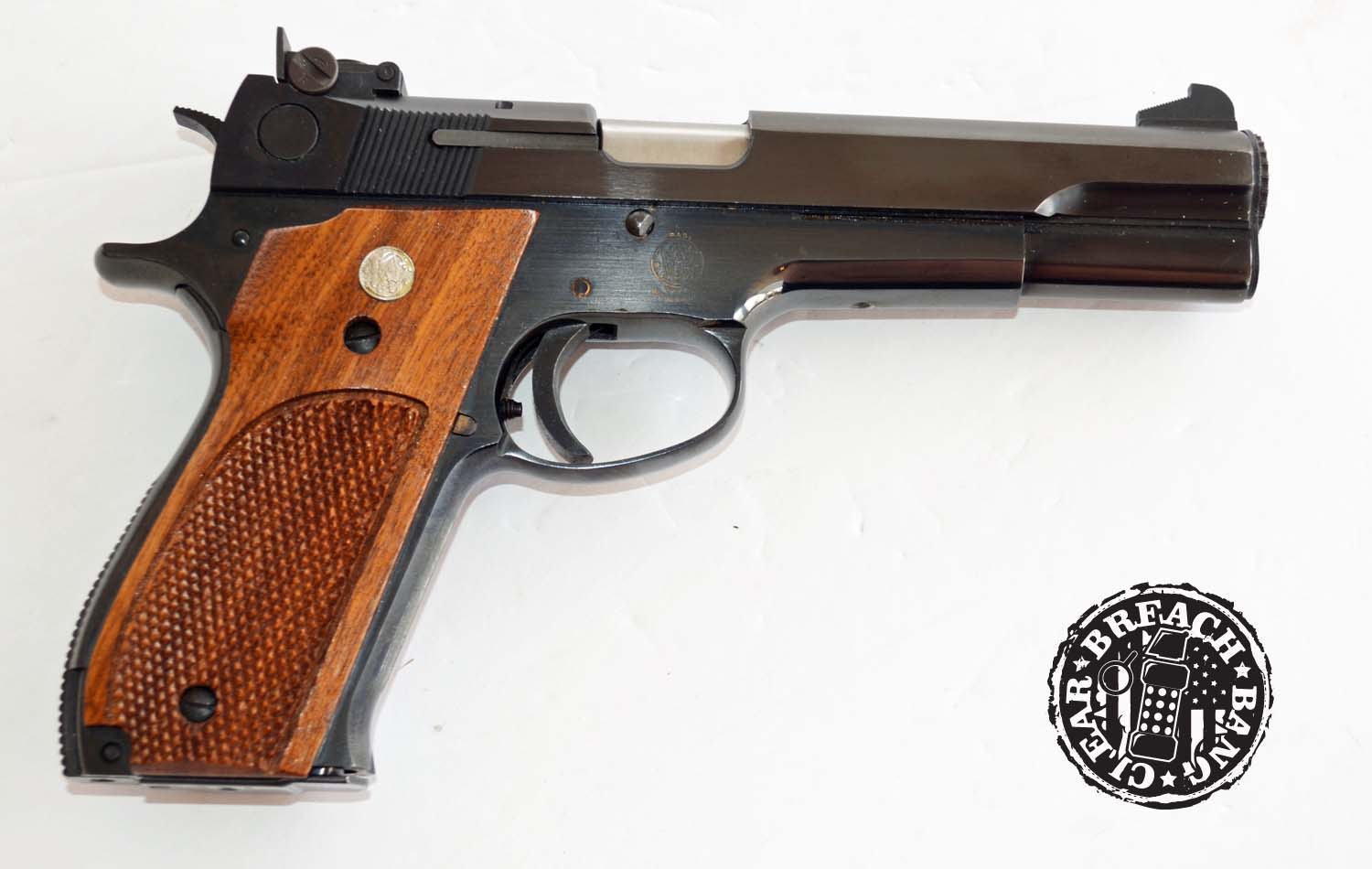


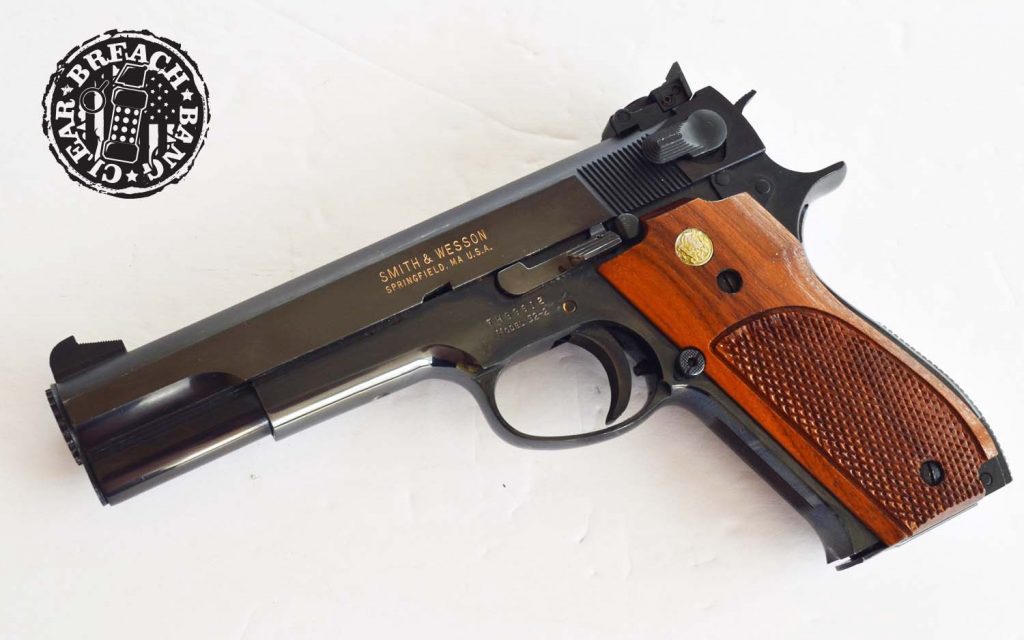

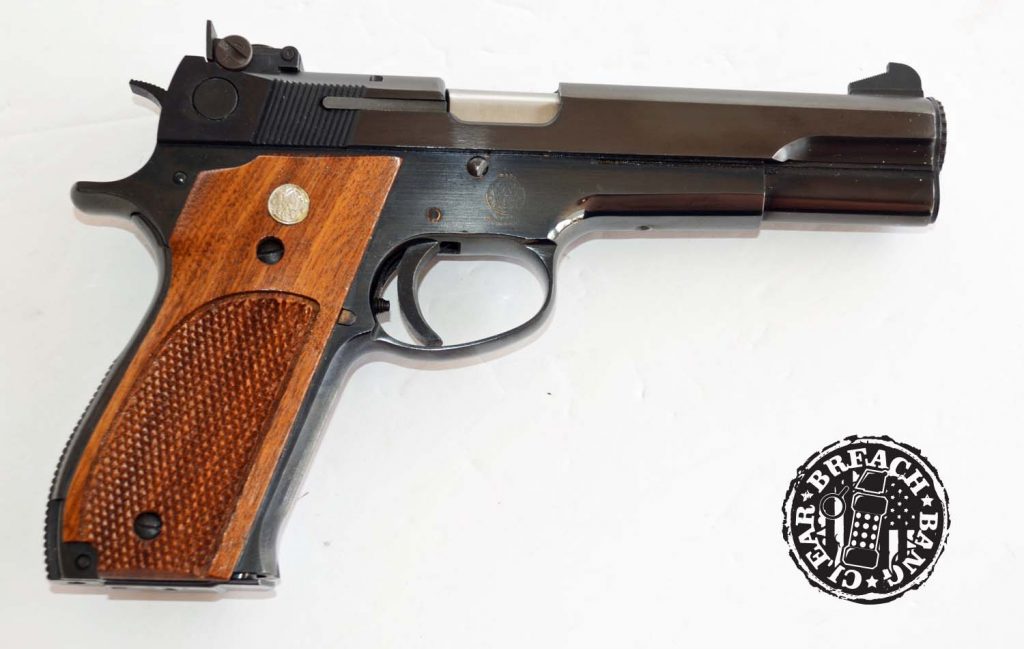

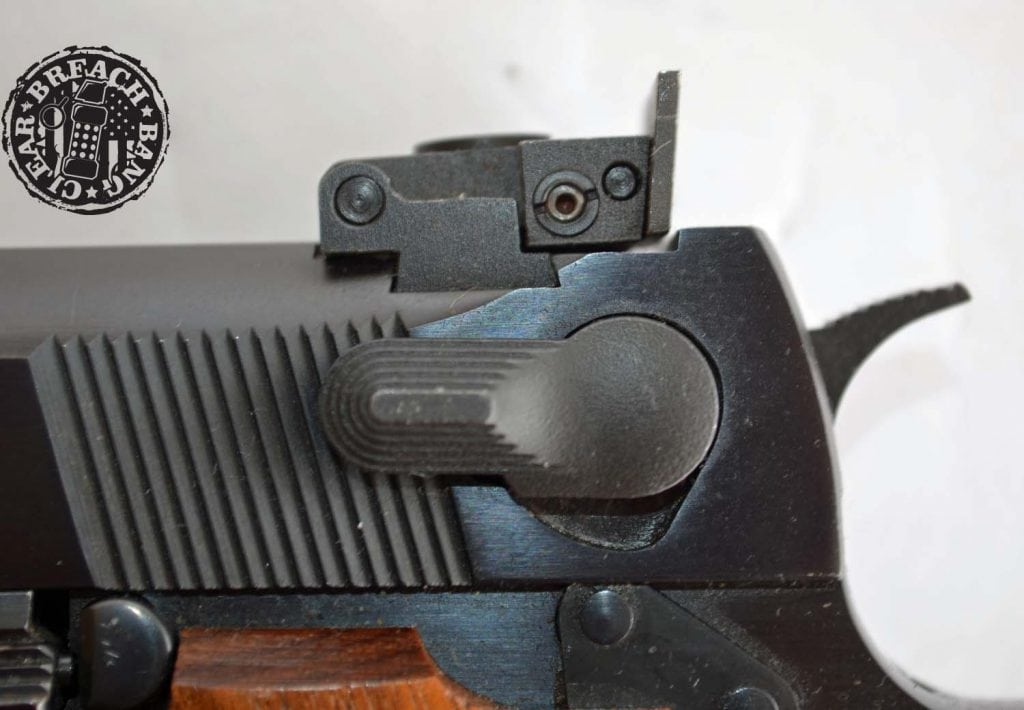

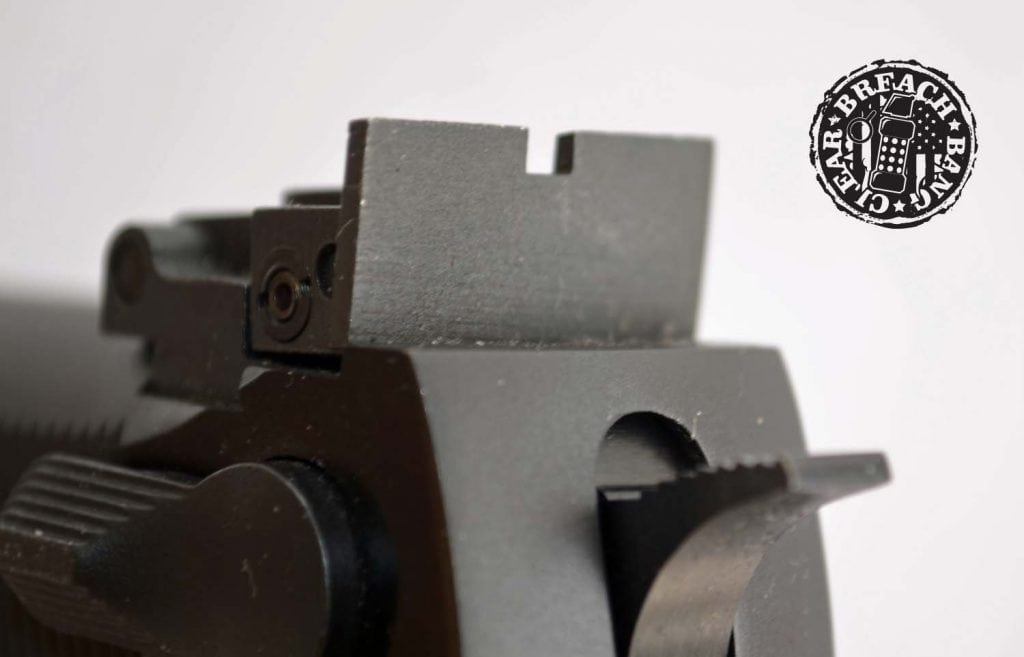

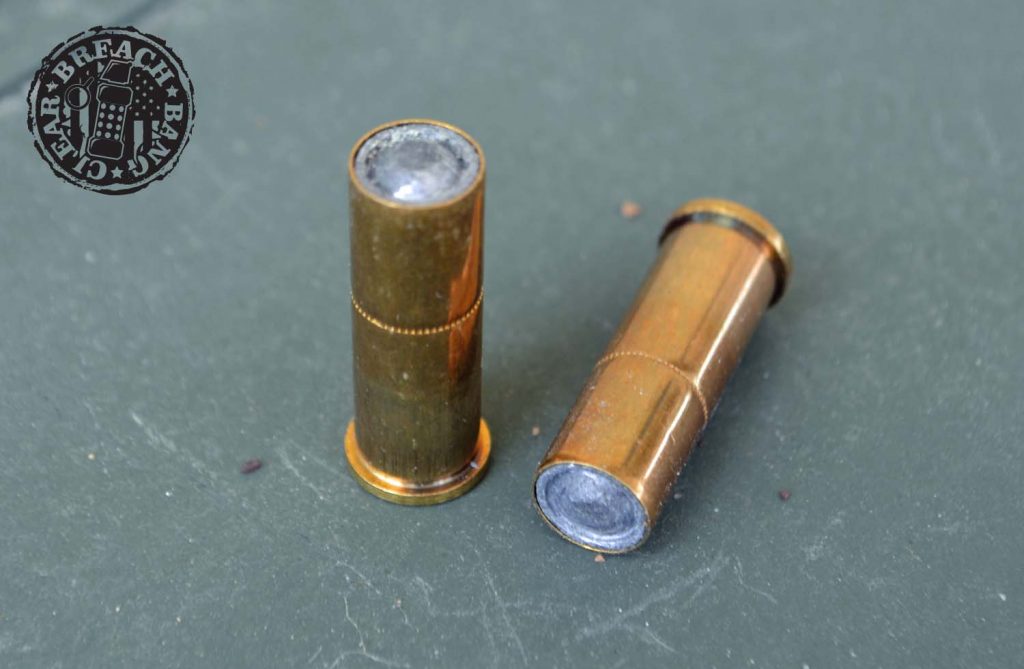

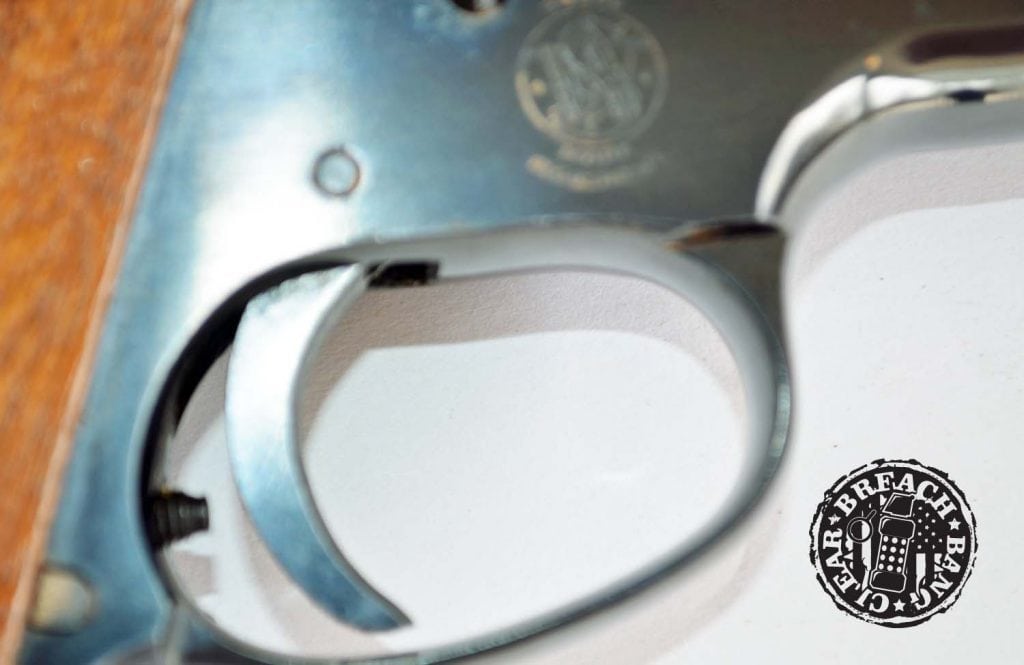

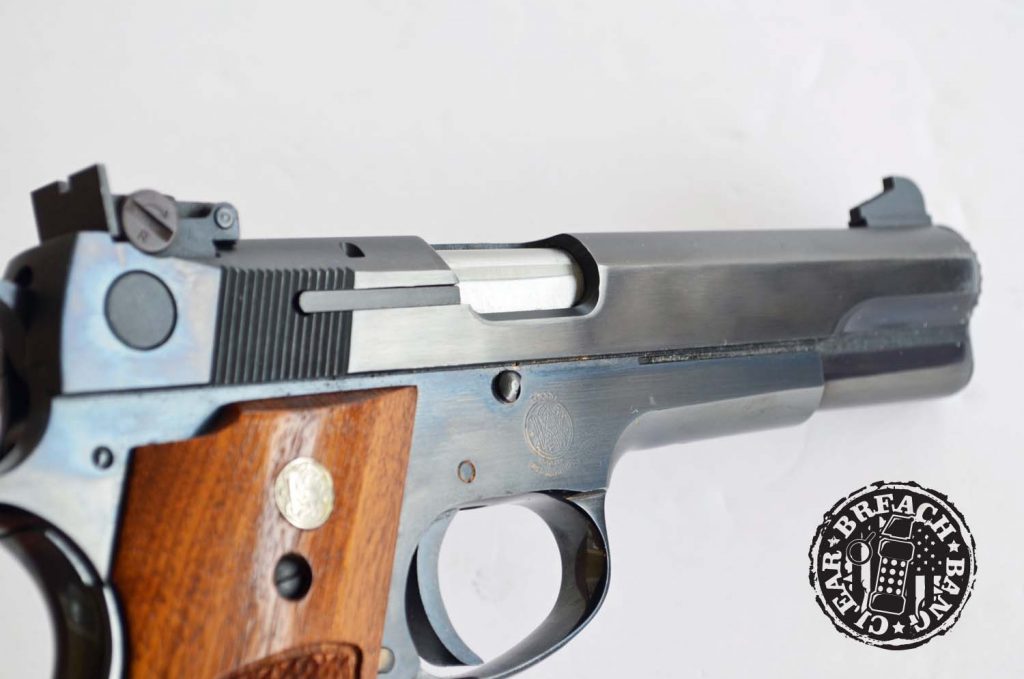

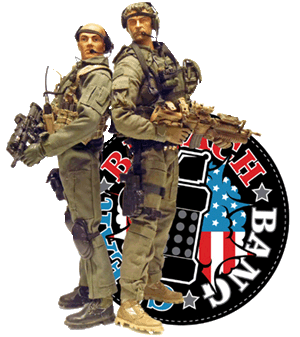
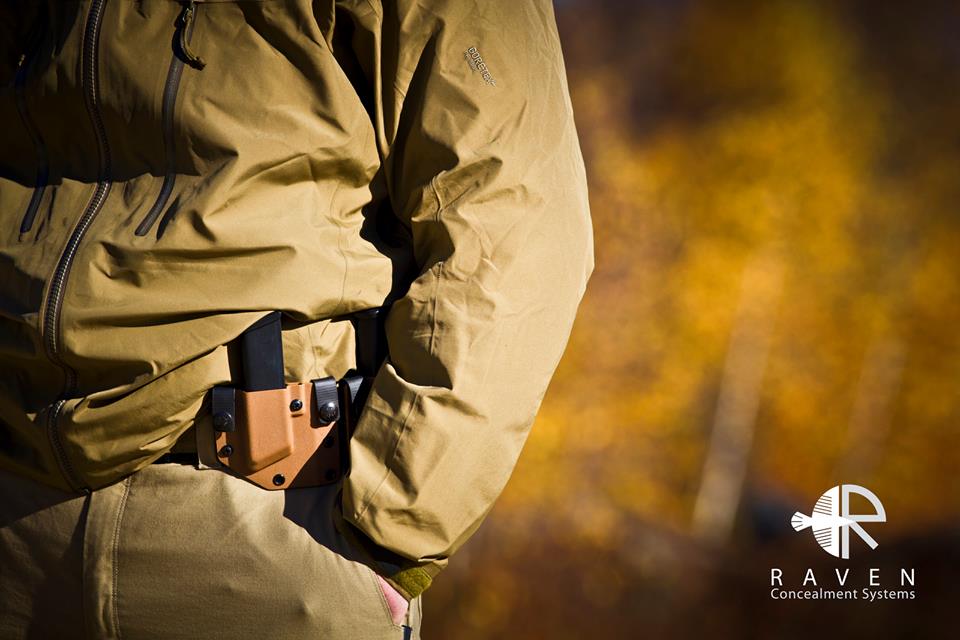
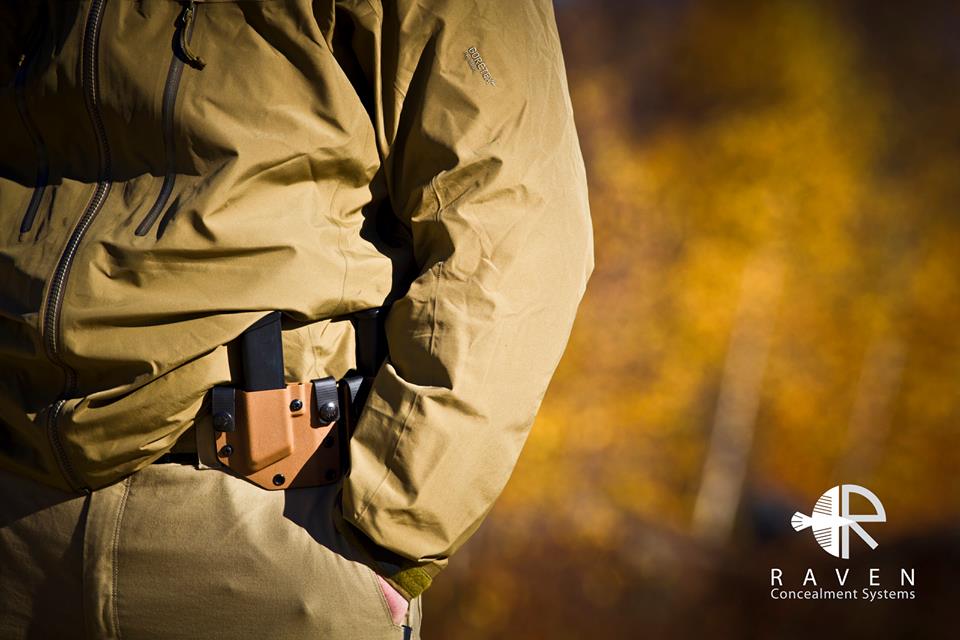

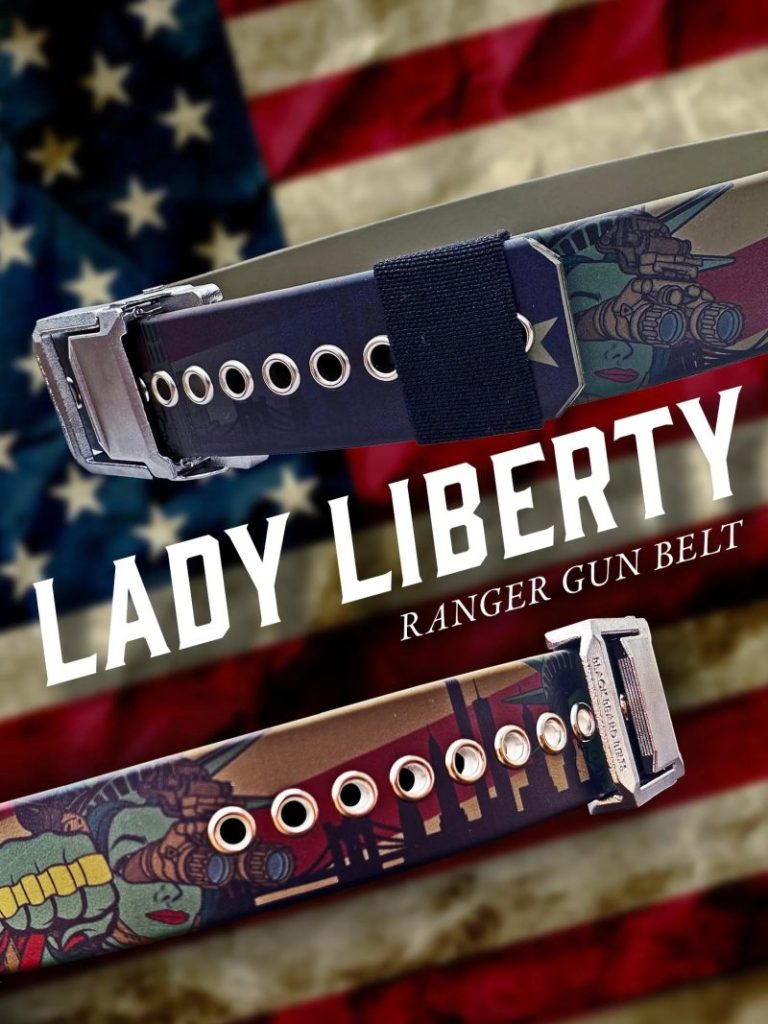
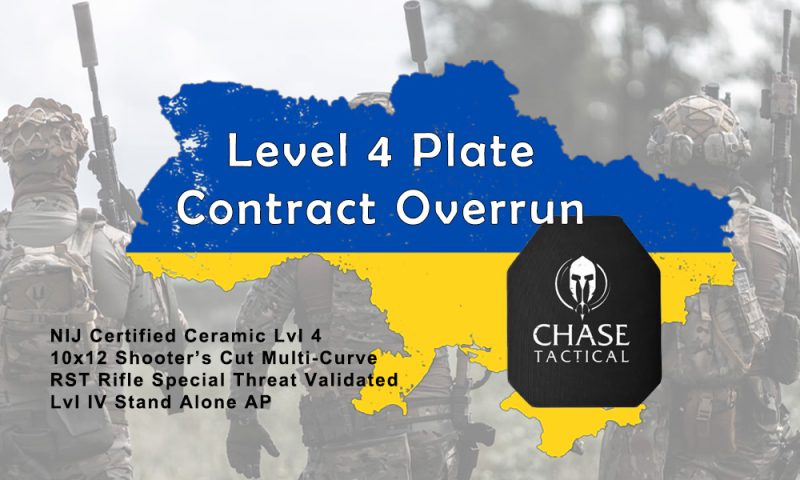




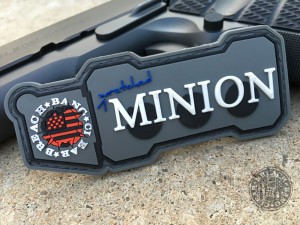
I have a s&w model 52 serial number TAN6218. Does anyone know anything about the weird s.n. ?
I had a 52-2 for several years.
Interestingly, the mags had been “modified” (“filler” button slot extended), by some previous owner, and held SIX rounds and still fed beautifully. Our “Police and Services” match is shot in strings and multiples of “6” because it started out as a “traditional” revolver match.
The old girl shot like a dream with swaged wadcutters.
Made the silly mistake of swapping bullets just before a major match. Went from “waxed” lead to “Teflon’ coated. Same weight, same shape. VERY accurate, but I did not run enough through to find a problem before the “big day”.
Halfway through the 90 rd. match, she started misbehaving badly and I had to withdraw in ignominy.
Turned out there was a sizeable accumulation of unburnt powder all through the mechanism, something I had NEVER seen with the “plain” bullets.
What appeared to be happening was the extra-slippery bullets were moving forward as soon as the primer ignited and thus played Hell with the burning space for the propellant.
I tried some FASTER powder a few days later and things improved a lot.
Then somebody offered serious money for her and I took the money and ran; straight down to the local gun shop where a lovely Colt Gold Cup had been languishing for months.
Worked a treat until our benevolent “leaders” declared that the peasants were not suitable to own anything as big as, or “bigger” than the police-issue .40-S&W. Sold it to a dealer and eventually bought a 1911 in 9 x 19, nice piece of machinery.